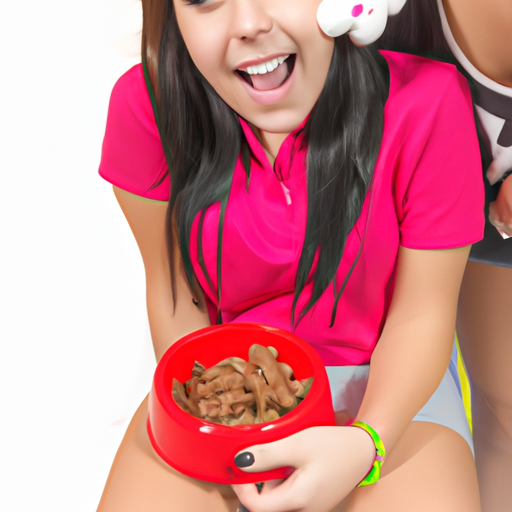Understanding your Dog’s Digestive System
Just like you, your beloved four-legged friend has a unique digestive system. Understanding this will help you provide the best care possible. In the wild, canines are naturally programmed to eat when they find food, which might not be every day. However, domesticated dogs have adapted to regular feeding schedules.
Factors Influencing Feeding Frequency
Several factors play into how often you should feed your dog. These include:
- Age: Puppies usually need to be fed more frequently — three to four times a day. As your dog grows older, you can gradually reduce the frequency to twice a day.
- Breed: Smaller breeds may require more frequent meals than larger ones due to their fast metabolisms.
- Health: If your pet has a health condition, your vet may recommend a specific feeding schedule.
Decoding the Dog Food Label
Dog food labels can be confusing, but they’re important to understand. They provide guidelines on the amount of food your dog requires, which is usually based on weight. However, these are just guidelines. Every dog is unique and may need adjustments based on their activity level, metabolism, and other factors.
| Weight of Dog | Number of Cups per Day |
|---|---|
| 10 lbs | 1-2 cups |
| 20 lbs | 2-3 cups |
| 50 lbs | 4-5 cups |
| 70+ lbs | 6+ cups |
Creating a Feeding Schedule
Creating a feeding schedule for your dog is an integral part of caregiving. Consistency is key. Dogs thrive on routine. By feeding them at the same times each day, you can also regulate their bathroom habits, making house training easier.
Here is a suggested schedule for a typical adult dog:
- Morning (7 a.m.): Feed your dog the first meal of the day.
- Afternoon (6 p.m.): Serve the second meal. Ensure there’s enough time for digestion before bedtime.
Remember, the most important thing is to choose a schedule that works for you and your dog.
The Risks of Overfeeding
Just like us, dogs face health risks when they overeat. Obesity in dogs can lead to serious conditions like diabetes, heart disease and arthritis. Here are some tips to prevent overfeeding:
- Avoid giving your dog table scraps.
- Measure your dog’s food carefully.
- Regularly exercise your dog.
FAQ
Q: Can I feed my dog once a day?
A: While some people do feed their dogs once a day, it’s usually recommended to feed them twice. This helps to prevent bloating and unnecessary weight gain.
Q: Should I leave food out for my dog all day?
A: This method, known as “free feeding,” is not recommended for most dogs as it can lead to overeating and obesity.
Q: Can I mix wet and dry dog food?
A: Yes, many dogs enjoy a mix of wet and dry food. However, make sure to adjust the portions to avoid overfeeding.
Q: How do I know if I’m feeding my dog enough?
A: Your vet can help you determine if your dog is at a healthy weight. Regular check-ups are important for maintaining your dog’s health.



